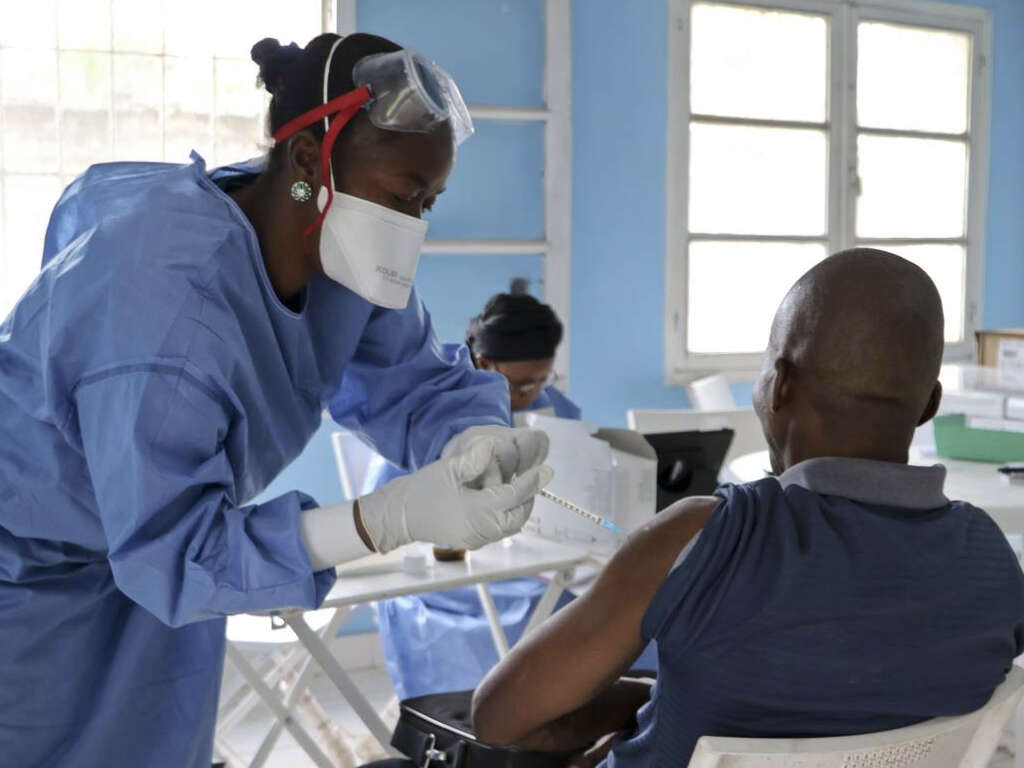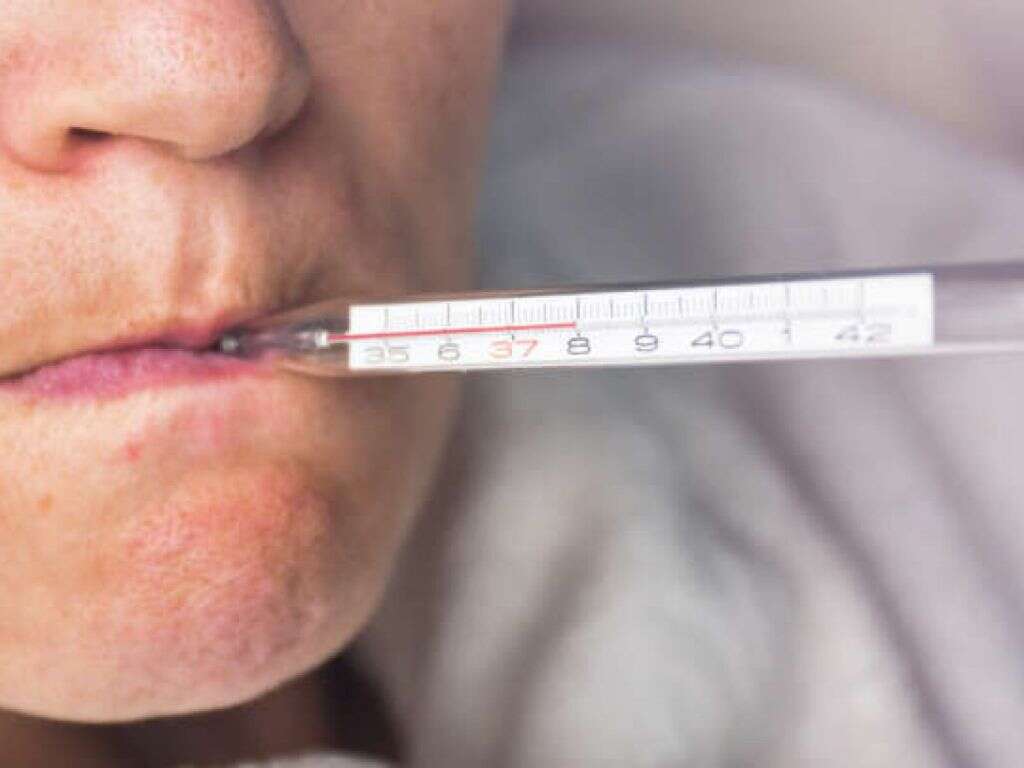10 Fever Symptoms
 Article Sources
Article Sources
- 1. ’Fever.’ Mayo Clinic, Mayo Foundation for Medical Education and Research, 13 May 2020, www.mayoclinic.org/diseases-conditions/fever/symptoms-causes/syc-20352759
- 2. 'Chills: Causes & Treatment.' Cleveland Clinic, my.clevelandclinic.org/health/symptoms/21476-chills
- 3. 'Dehydration.' Mayo Clinic, Mayo Foundation for Medical Education and Research, 19 Sept. 2019, www.mayoclinic.org/diseases-conditions/dehydration/symptoms-causes/syc-20354086
- 4. Leung, Alexander Kc, et al. 'Febrile Seizures: an Overview.' Drugs in Context, BioExcel Publishing Ltd, 16 July 2018, www.ncbi.nlm.nih.gov/pmc/articles/PMC6052913/
Febrile Seizures
High fevers may bring on febrile seizures in children six months to five years in age. These seizures affect 2-5 percent of children in this age group. Of those who've had one febrile seizure, approximately one-third may have another one within the following year.1’Fever.’ Mayo Clinic, Mayo Foundation for Medical Education and Research, 13 May 2020, www.mayoclinic.org/diseases-conditions/fever/symptoms-causes/syc-20352759
The seizure is caused by how quickly the child's temperature rises, not by the high temperature itself. Although simple febrile seizures are usually benign, children experiencing complex febrile seizures can be at a greater risk of developing epilepsy.4Leung, Alexander Kc, et al. ‘Febrile Seizures: an Overview.’ Drugs in Context, BioExcel Publishing Ltd, 16 July 2018, www.ncbi.nlm.nih.gov/pmc/articles/PMC6052913/
Advertisement











